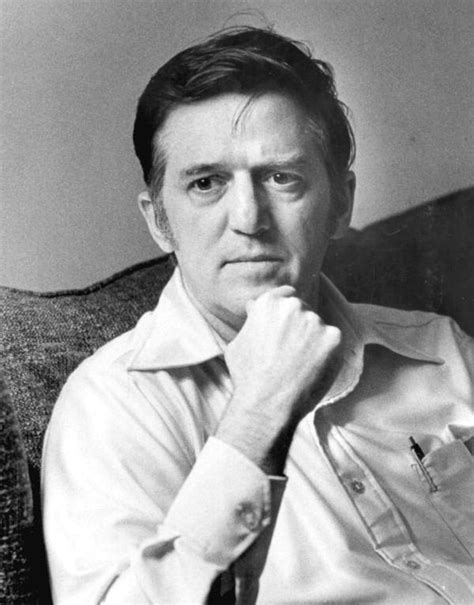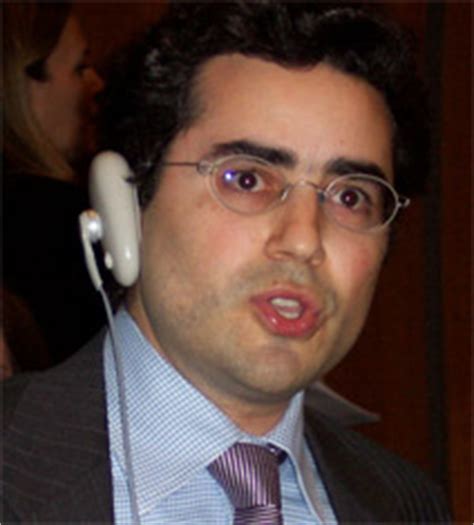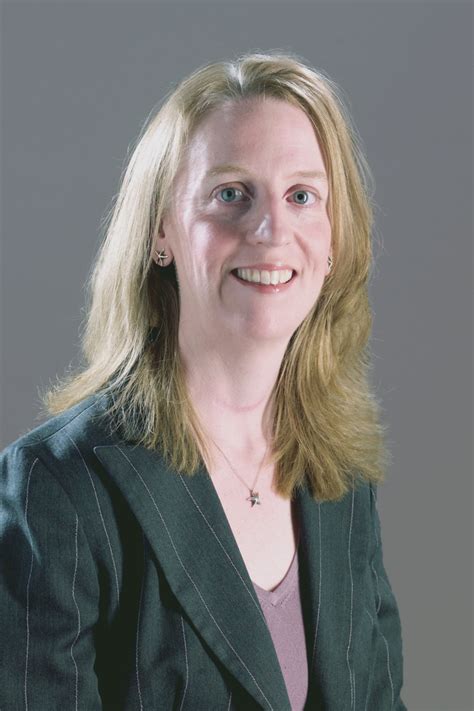Top 1154 Afghanistan Quotes & Sayings - Page 20
Explore popular Afghanistan quotes.
Last updated on November 25, 2024.
I think that the needs of the VA and the needs of the veteran community are very, very significant. ?e're talking about a VA system in which, in the last years a million-and-a-half more people have come into the system. You're dealing with 500,000 people have come home from Iraq an Afghanistan with PTSD and TBI. You're dealing with an older veterans population from World War II and Korea who need some difficult medical help. We want to see it be more efficient. We want to see doctors go to where they're needed.
In the weeks prior to the war to liberate Afghanistan, a good friend of mine would ask me almost every day, “Why aren't we killing people yet?” And I never had a good answer for him. Because one of the most important and vital things the United States could do after 9/11 was to kill people. Call it a “forceful response,” “decisive action” ' whatever. Those are all nice euphemisms for killing people. And the world is a better place because America saw the necessity of putting steel beneath the velvet of those euphemisms.
There were the physical challenges of hitchhiking across Turkey, Iran, Afghanistan, and Pakistan as they were quite dangerous areas. I wrote about that in The Journey Home. I loved my family and they loved me, so making a choice so completely different from the life they knew was also a challenge. Not having material possessions or the security of a home and taking vows of celibacy for life were kind of natural for me, although they were also challenging. But I guess the greatest challenge for me was that I loved so many different spiritual paths.
If it is bin Laden, he's a very intelligent guy. He's been planning his war for a long time. I remember the last time I met him in 1997 in Afghanistan. And bin Laden said to me "From this mountain, Mr. Robert, upon which you are sitting, we beat the Russian army and helped break the Soviet Union. And I pray to God that he allows us to turn America into a shadow of itself." When I saw the pictures of New York without the World Trade Center, New York looked like a shadow of itself.
My job is to cover the hell out of the story, very aggressively. The real place to be courageous if you're a news organization is where you put your people to cover the story. It's making sure that you have people going to Baghdad. It's making sure that you figure out how to cover the war in Afghanistan. While the journalist in me completely stands with them, the editor of the New York Times in me thinks my job is to figure out what the hell happened and cover the hell out of it, and that's more important than some symbolic drawing on the front page.
When I went to Afghanistan in 2003, I walked into a war zone. Entire neighborhoods had been demolished. There were an overwhelming number of widows and orphans and people who had been physically and emotionally damaged; every 10-year-old kid on the street knew how to dismantle a Kalashnikov in under a minute. I would flip through math textbooks intended for third grade, fourth grade, and they would include word problems such as, "If you have 100 grenades and 20 mujahideen, how many grenades per mujahideen do you get?" War has infiltrated every facet of life.
Home. One place is just like another, really. Maybe not. But truth is it's all just rock and dirt and people are roughly the same. I was born up there but I'm no stranger here. Have always felt at home everywhere, even in Virginia, where they hate me. Everywhere you go there's nothing but the same rock and dirt and houses and people and deer and birds. They give it all names, but I'm at home everywhere. Odd thing: unpatriotic. I was at home in England. I would be at home in the desert. In Afghanistan or far Typee. All mine, it all belongs to me. My world.
I know my dear brother, President [Barack] Obama, has a bust of Martin King right there in the Oval Office, but the question is are is he going to be true to who that Martin Luther King, Jr., actually is? King was concerned about what? The poor. He was concerned about working people. He was concerned about quality jobs. He was concerned about quality housing. He was concerned about precious babies in Vietnam, the way we ought to be concerned about precious babies in Afghanistan and precious babies in Tel Aviv and precious babies in Gaza.
If in the past, you didn't cry out when thousands of protesters were killed and injured by Turkey, Egypt and Libya, when more victims than ever were hanged by Iran, women and children in Afghanistan were bombed, whole communities were massacred in South Sudan, 1800 Palestinians were starved and murdered by Assad in Syria, hundreds in Pakistan were killed by jihadist terror attacks, 10,000 Iraqis were killed by terrorists, villagers were slaughtered in Nigeria, but you only cry out for Gaza, then you are not Pro Human Rights, you are only Anti-Israel.
It is clear that several countries, in the Balkans for example, need to be considered countries of safe origin. But others like, in my opinion, Eritrea, undoubtedly need to be considered a country of origin with a valid claim to asylum. And with a third group of states, like Nigeria for example, each individual case needs to be evaluated. Then there are also very controversial cases like Afghanistan. In any case, united European action is needed. This argument for Europeanization may sound utopian, but there is no alternative.
The rich people are apparently leaving America. They're giving up their citizenship. These great lovers of America who made their money in this country-when you ask them to pay their fair share of taxes they run abroad. We have 19-year old kids who lost their lives in Iraq and Afghanistan defending this country. They went abroad. Not to escape taxes. They're working class kids who died in wars and now billionaires want to run abroad to avoid paying their fair share of taxes. What patriotism! What love of country!
Now, I can't help but feel inferior. When I'm out in public in Afghanistan, I feel inferior because I'm doing everything I can to stay hidden, silent. I feel inferior because I am seeing firsthand the impact of America's foreign policy and can't help but feel like a living, breathing representation of that - despite my own personal views about that policy. It reinforces to me that I want to be part of the solution - and I want my work to be part of the solution - not part of the problem.
So the Bush-Obama administration has taken a fiscal stance diametrically opposed to that of the patron saint of free enterprise. While escalating war in Afghanistan and maintaining over 850 military bases around the world, the administration has run up the national debt that Smith decried. By shifting the tax burden off property and off rent-seeking monopolies - above all, off the financial sector - this policy has raised America's cost of living and doing business, thereby undercutting its competitive power and running up larger and larger foreign debt.
Continuous wars - which we have now had since 2001 - starting with Afghanistan, continuing on to Iraq. And even since Iraq, it's been more or less continuous. The appalling war in Libya, which has wrecked that country and wrecked that part of the world, and which isn't over by any means. The indirect Western intervention in Syria, which has created new monsters. These are policies, which if carried out by any individual government, would be considered extremist. Now, they're being carried out collectively by the United States, backed by some of the countries of the European Union.












